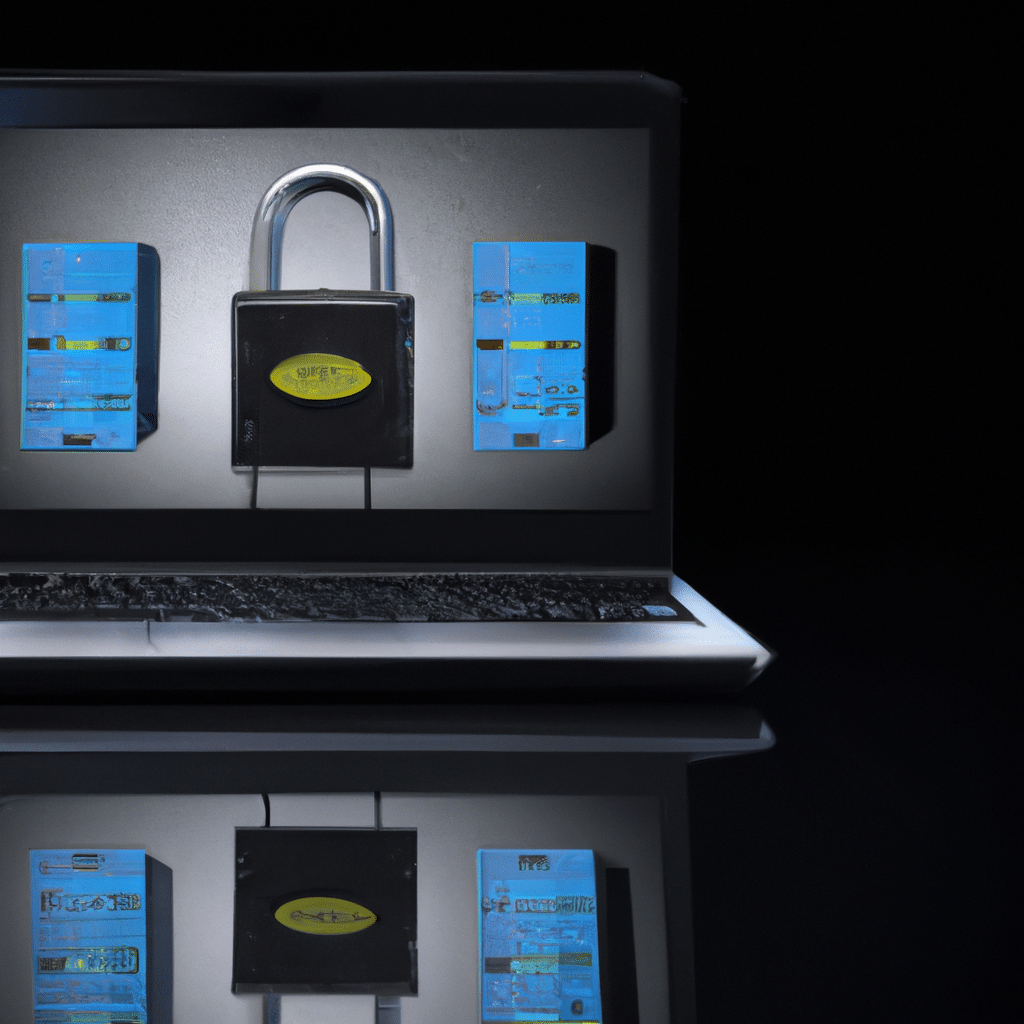Data is the most valuable asset of any organization, and losing it can be a disaster. Data loss can occur due to various reasons, such as system failures, natural disasters, human errors, or cyberattacks. Therefore, organizations must have a robust data backup strategy to protect their critical data from being lost or compromised. However, data backup alone is not enough. The data that is being backed up must also be encrypted to prevent unauthorized access. In this article, we will discuss the importance of encryption in data backup and why it is crucial for organizations to implement it.

What is Encryption?
Encryption is a technique that converts data into a code that can only be read by someone who has the key to decipher it. Encryption is used to protect sensitive data from unauthorized access and cyberattacks. There are various encryption algorithms available, and organizations must choose the one that best suits their needs.
Why is Encryption Important in Data Backup?
Data backup is the process of copying data from one location to another to ensure its availability in case of a disaster. However, if the backed-up data is not encrypted, it can be easily accessed by cybercriminals or unauthorized users. This can lead to data breaches, identity theft, and financial losses. Therefore, encryption is essential in data backup to protect sensitive data from being compromised.
Benefits of Encryption in Data Backup
1. Protects Sensitive Data
Encryption protects sensitive data from unauthorized access. Even if someone gains access to the backed-up data, they will not be able to read it without the decryption key. This ensures that sensitive data remains confidential and secure.
2. Compliance with Regulations
Many industries have regulations that require organizations to protect sensitive data. Encryption is one of the methods that organizations can use to comply with these regulations. For example, the General Data Protection Regulation (GDPR) requires organizations to protect the personal data of EU citizens. Encryption is one of the methods that organizations can use to comply with this regulation.
3. Protects Against Cyberattacks
Cyberattacks are becoming increasingly sophisticated, and cybercriminals are always looking for ways to access sensitive data. Encryption protects data from being compromised even if a cyberattack occurs. This ensures that organizations can recover their data without compromising their security.
How to Implement Encryption in Data Backup?
To implement encryption in data backup, organizations must choose an encryption algorithm that best suits their needs. The encryption key must be kept secure and must only be accessible to authorized personnel. The backup process must be automated to ensure that all critical data is backed up regularly. Organizations must also test their backup and recovery procedures regularly to ensure that they work correctly.
Conclusion
Data backup is essential for organizations to ensure that their critical data is protected from being lost or compromised. However, it is equally important to encrypt the backed-up data to prevent unauthorized access. Encryption protects sensitive data from cyberattacks, ensures compliance with regulations, and gives organizations peace of mind. Therefore, organizations must implement encryption in their data backup strategy to ensure the security and confidentiality of their critical data.












